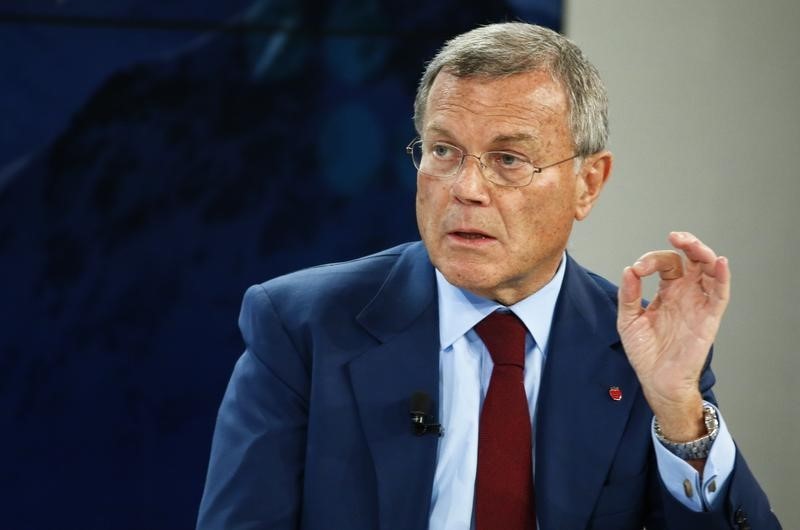Investing.com’s stocks of the week
By Leila Abboud
CANNES (Reuters) - (This version of the story corrects figures on Publicis contract wins, paragraph 13)
The reluctance of big companies to spend at a time of lacklustre global growth and fewer major sporting events this year are dampening demand for advertising, said the chief executives of two leading ad agencies.
In separate interviews on Friday, Martin Sorrell of WPP (L:WPP) and Maurice Levy of Publicis (PA:PUBP) sounded cautious about the prospects for the advertising market, citing a lack of vibrancy in the U.S economy, weakness in Brazil, Russia and China, and Europe's continued fragility.
"There is a lot of uncertainty," Levy told Reuters. "Companies have cash to spend but are not in the mood to do so, and consumers are not feeling confident either."
Research firm Zenith Optimedia, owned by Publicis, recently cut its growth forecast for the global advertising market to 4.2 percent down from 4.9 percent earlier this year.
For his part, Sorrell said that the major companies served by WPP agencies such as Ogilvy and Mather and Group M were very focused on cost controls, sometimes to the detriment of long-term investment in their brands and products.
"Business is tough. Clients are very demanding in an environment where top-line growth is lower than it was before the financial crisis began," he said.
UP FOR GRABS
Against that backdrop, the world's top six ad agencies face upheaval because an unprecedented $27 billion in media buying and planning contracts are up for review in the coming months at companies including Coca-Cola (N:KO), Procter and Gamble (N:PG) and L'Oreal (PA:OREP).
That is requiring them to defend some major contracts, while trying to steal others from rivals.
Morgan Stanley (NYSE:MS) estimated that Publicis was the most exposed, with 1.7 percent of sales at risk and 2.5 percent of earnings per share. It is defending seven contracts including P&G, General Mills (N:GIS), Twenty-First Century Fox (O:FOXA) and Coca-Cola.
For WPP, about 1.1 percent of revenue and 1.6 percent of earnings per share are risk as it seeks to keep nine contracts including Volkswagen (DE:VOWG_p) and Unilever (L:ULVR).
Both Sorrell and Levy claimed the reviews were an opportunity to win business, while acknowledging that the fees would be lower on the new deals than the old ones.
"The reviews are worrying for the agencies but their effects will also be felt on media owners because the price of ads will fall further," Levy predicted, referring to TV broadcasters, print outlets, and radio.
Levy said Publicis had already won one contract with beauty products maker Coty (L:ULVR) with billings of $100 million and another with coffee specialist Keurig worth $150 million.
"If we lose all our current contracts and win none of the new ones we're going for then our sales could drop 2 percent," said Levy.
"But if we defend everything and win all the new ones, then they could go up as much as 3 percent."
Sorrell said that WPP's plan was to stress its technology and data expertise in pitches to clients. WPP has made a big bet on data with its Kantar unit, which Sorrell argues offers a competitive advantage although a lower margin business.
"We are differentiated from our competitors and that will help in the reviews," he said.
